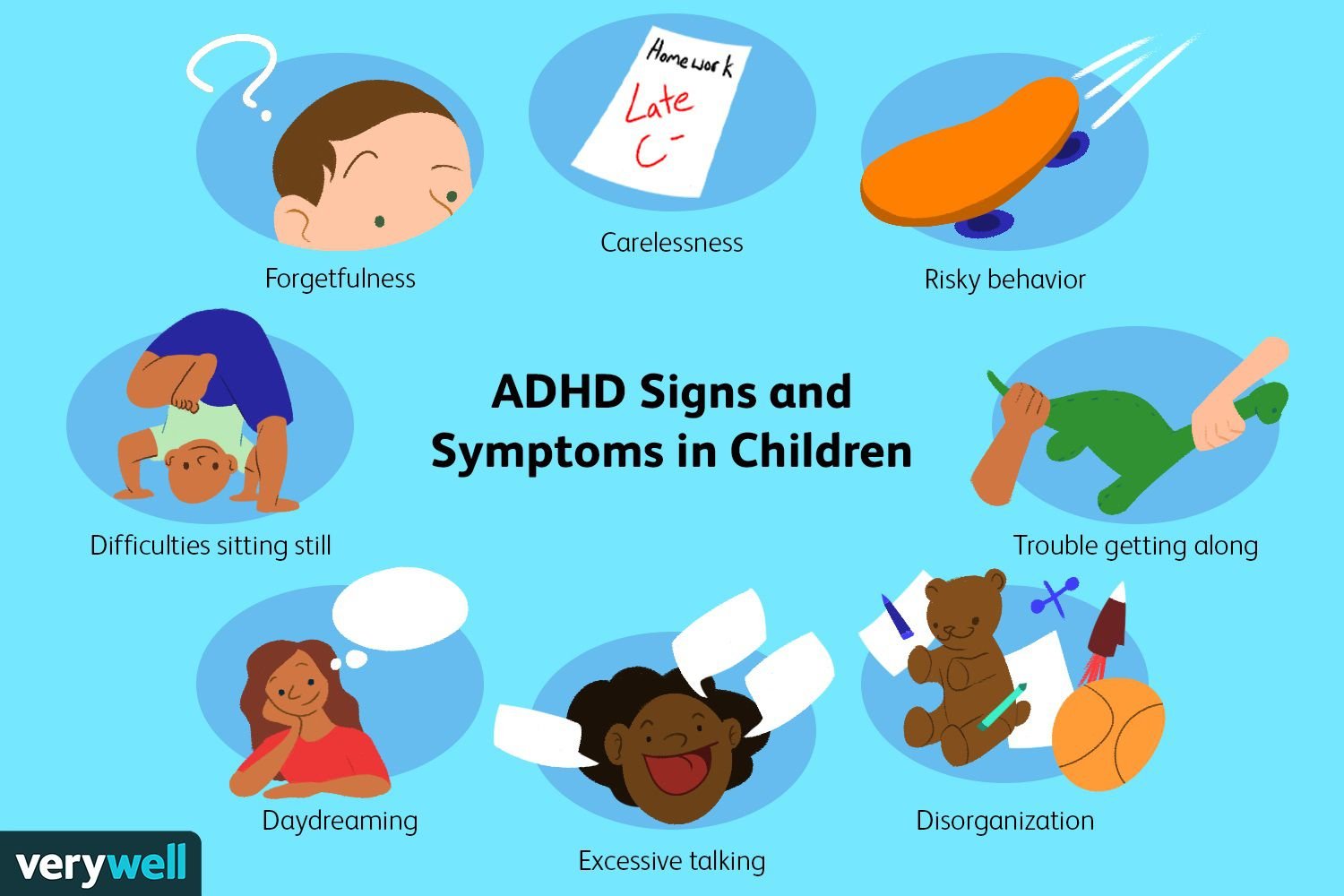
One of the major neurodevelopmental conditions is attention-deficit/hyperactivity disorder, characterized both by children and adults. Though behavioral therapy and lifestyle modification are recommended and prescribed often, medication certainly is one of the primary treatments for managing ADHD symptoms. From a practical perspective, stimulant medications (the most basic form, of course, is methylphenidate or Ritalin and amphetamine-based drugs or Adderall), along with non-stimulants, such as atomoxetine or Strattera, help people concentrate, improve impulse control, and sustain their attention.
However, there are also questions as to whether they are effective in brain health and quality of life, especially when one considers long-term use. Do they benefit without some kind of cost? What this blog discovers about what research currently admits concerning the impact of ADHD drugs on the brain and everyday life.
How ADHD Drugs Work on the Brain
Medications for ADHD generally act on the dopamine and norepinephrine systems of the brain, which oversee attention, motivation, and emotion. Here’s what they do:
Stimulants:
These increase the availability of dopamine and norepinephrine in the brain, enhance neuron communication, and improve attention; hyperactivity is reduced while impulsivity is less likely to occur.
Non- Stimulants:
Atomsoxetine operates in a way that is somewhat different. It prolongs the action of norepinephrine. The use of this medication promotes steady attention and emotional regulation without such sharp effects as seen in stimulants.
These mechanisms can dramatically improve symptoms while affecting brain plasticity and neural pathways, raising questions about long-term implications.
Positive Impacts of ADHD Drugs on Brain Health
1. Improved Brain Function
Research has shown that ADHD drugs can normalize brain activity in areas involved in attention and self-regulation, such as the prefrontal cortex, helping individuals perform better at school, work, and socially.
2. Increased Neuroplasticity
Some research says that ADHD medications may improve neuroplasticity, making the brain adapt and enhance its executive function with time.
3. Secondary Disorders Reduced
The risks for secondary psychiatric disorders like anxiety, depression, or substance abuse may also decrease significantly as the control of ADHD symptoms is achieved with medication.
Possible Detrimental Effects on Brain Function
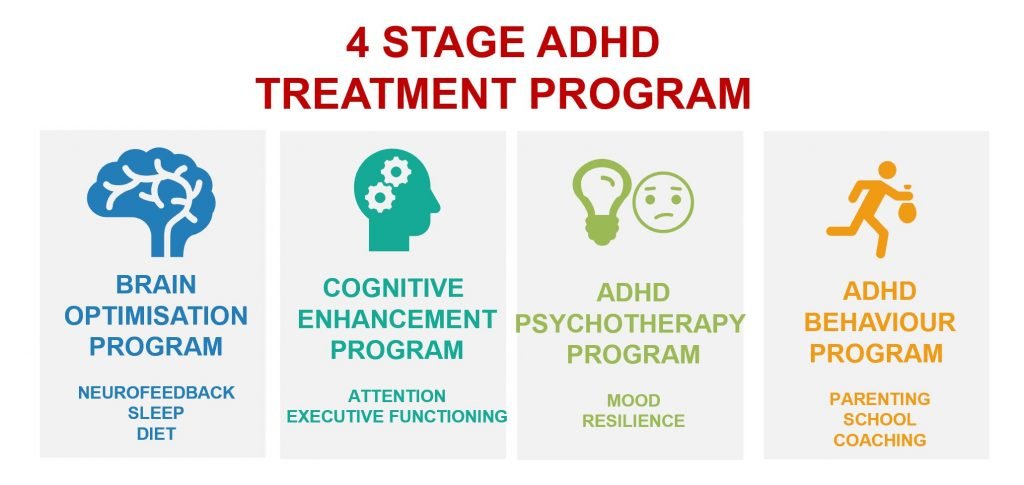
Despite their advantages, ADHD drugs have specific risks, which are more evident during prolonged treatment.
1. Changes to Dopamine Functioning
Prolonged use of stimulants can interfere with dopamine receptors’ sensitivity, reducing the brain’s rewarding response. It may thus diminish motivation and even result in drug dependence in affected individuals.
2. Growth Inhibition in Children
Other research findings indicate that stimulant medications may inhibit physical growth in children at times due to their suppressive impact on appetite and hormone regulation.
3. Cognitive Overdependence
After prolonged use, some users begin to rely on the medication too much for proper daily functioning, and one starts to question the brain’s adaptation after they discontinue it.
4. Side Effects in Emotional Regulation
Most users notice improvement in attention, but some suffer from emotional dampening or irritability, which can disturb personal relationships and mental health in general.
Quality of Life Impact:
There is very wide variability in how these ADHD drugs may affect a particular person’s quality of life.
Positive Effects
Increased Concentration and Action: Many can demonstrate a marked improvement in one’s ability to get things done on time.
Improved relationships – Reduced impulsivity and better control of emotions tends to be associated with better relations with family, friends, and workplace.
Decreased Stress: Balancing the symptoms of ADHD often leads to feelings of control while reducing stress.
SIDE EFFECTS
Dependence on Medication: For some, the idea of relying on drugs to function can feel limiting or stigmatizing.
Managing Side Effects: Common side effects like insomnia, loss of appetite, or headaches can negatively impact daily life.
Emotional Changes: Some users report feeling less “like themselves” due to emotional dulling, which can affect social interactions and self-perception.

Key Considerations for ADHD Treatment
1. Tailored Approaches
Every person is different. A choice to use medication for ADHD should be made with the sole consideration of one’s own need, and then monitored and adjusted accordingly.
2. Combined Therapies
Combining medication with behavioral therapy, lifestyle changes, and mind-training practices make medication much more effective. The holistic treatments for ADHD symptoms reduce the dependency on drugs.
3. Monitoring
Follow-up visits with a healthcare professional are important to determine the efficacy of medications, to adjust to side effects, and to monitor the long-term effects on brain health.
4. Education and Support
Education about ADHD and how medications function can enable an individual and family to make positive choices. Support groups or counseling can provide further assistance.
The Future of ADHD Medication
New treatments for ADHD continue being researched, with a focus on low side effects and greater long-term benefits. Personalized medicine in the future might be tailored to highly target therapies based on an individual’s genetic and neurological profile, thus improving the outcomes while being minimal in terms of risk.
Emerging technologies such as neurofeedback and brain stimulation also have promising alternatives or complement medications that could potentially enhance brain health without pharmacological intervention.
Final Thought
Comprehensively, ADHD medications have revolutionized therapy; now most people can flourish in their personal and professional lives. Although these medicines obviously have myriad advantages, it becomes important to recognize and monitor their effects on general brain health and on the quality of life in general. A balanced approach including medication, therapy, and lifestyle adjustments should help individuals find the best possible outcomes for them.
If you, or a loved one, are journeying through ADHD treatment, consult with the healthcare professional for a safe, effective plan that will work for you and improve your quality of life.

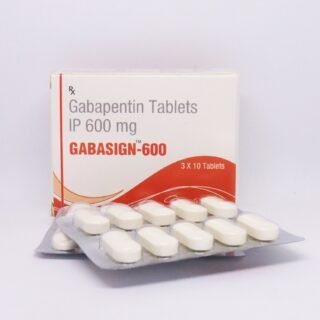
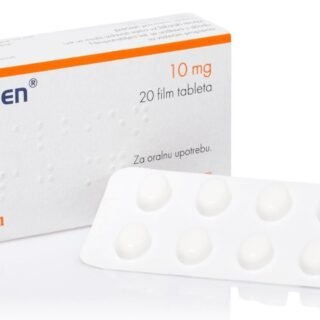
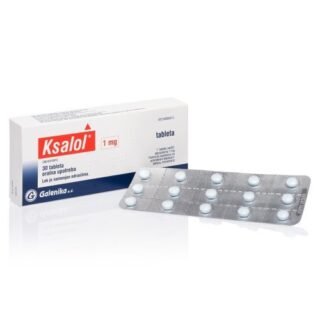
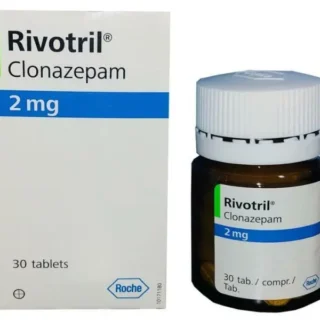
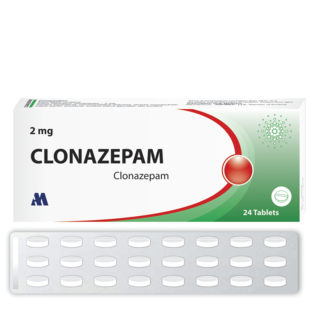
Leave a Reply